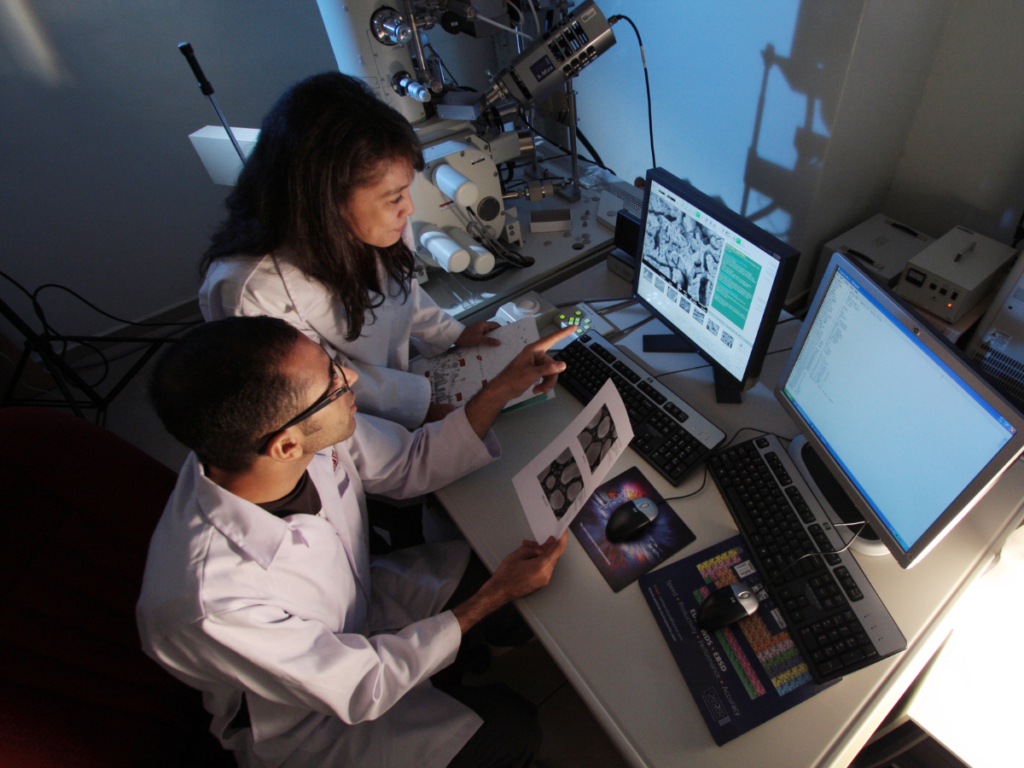
In the rapidly evolving field of genetic research, VarSeq software by Golden Helix stands out as a powerful tool for genetic analysis and interpretation. This is exemplified in two significant customer publications that demonstrate the versatility and impact of VarSeq in advancing our understanding of complex genetic disorders.
Characterization of Potential Melanoma Predisposition Genes in High-Risk Brazilian Patients
Increased genetic risk for melanoma can occur in the context of germline pathogenic variants in high-penetrance genes, such as CDKN2A and CDK4, risk variants in low- to moderate-penetrance genes (MC1R and MITF), and possibly due to variants in emerging genes, such as ACD, TERF2IP, and TERT. We aimed to identify germline variants in high- and low- to moderate-penetrance melanoma risk genes in Brazilian patients with clinical criteria for familial melanoma syndrome. We selected patients with three or more melanomas or melanoma patients from families with three tumors (melanoma and pancreatic cancer) in first- or second-degree relatives. Genetic testing was performed with a nine-gene panel (ACD, BAP1, CDK4, CDKN2A, POT1, TERT, TERF2IP, MC1R, and MITF). In 36 patients, we identified 2 (5.6%) with germline pathogenic variants in CDKN2A and BAP1 and 4 (11.1%) with variants of uncertain significance in the high-penetrance genes. MC1R variants were found in 86.5%, and both red hair color variants and unknown risk variants were enriched in patients compared to a control group. The low frequency of germline pathogenic variants in the high-penetrance genes and the high prevalence of MC1R variants found in our cohort show the importance of the MC1R genotype in determining the risk of melanoma in the Brazilian melanoma-prone families.
Complex Autism Spectrum Disorder in a Patient with a Novel De Novo Heterozygous MYT1L Variant
Autism spectrum disorder (ASD) comprises a group of complex neurodevelopmental features seen in many different forms due to variable causes. Highly impactful ASD-susceptibility genes are involved in pathways associated with brain development, chromatin remodeling, and transcription regulation. In this study, we investigate a proband with complex ASD. Whole genome sequencing revealed a novel de novo missense mutation of a highly conserved amino acid residue (NP_001289981.1:p.His516Gln; chr2:1917275; hg38) in the MYT1L neural transcription factor gene. In combination with in silico analysis on gene effect and pathogenicity, we described the proband’s phenotype and made comparisons with previously reported cases to explore the spectrum of clinical features in MYT1L single nucleotide variant (SNV) cases. The phenotype–genotype correlation showed a high degree of clinical similarity with previously reported cases of missense variants in MYT1L, indicating MYT1L as the causal gene for the observed phenotype in our proband. The variant was also predicted to be damaging according to multiple in silico pathogenicity predicting tools. This study expands the clinical description of SNVs on the MYT1L gene and provides insight into its contribution to ASD.
Both studies exemplify the critical role of VarSeq in facilitating robust genetic analysis, allowing researchers to make groundbreaking discoveries in their respective fields. As these publications illustrate, VarSeq continues to be an indispensable tool in the journey toward unraveling the complexities of genetic disorders and advancing personalized medicine.
Learn more about VarSeq, today!